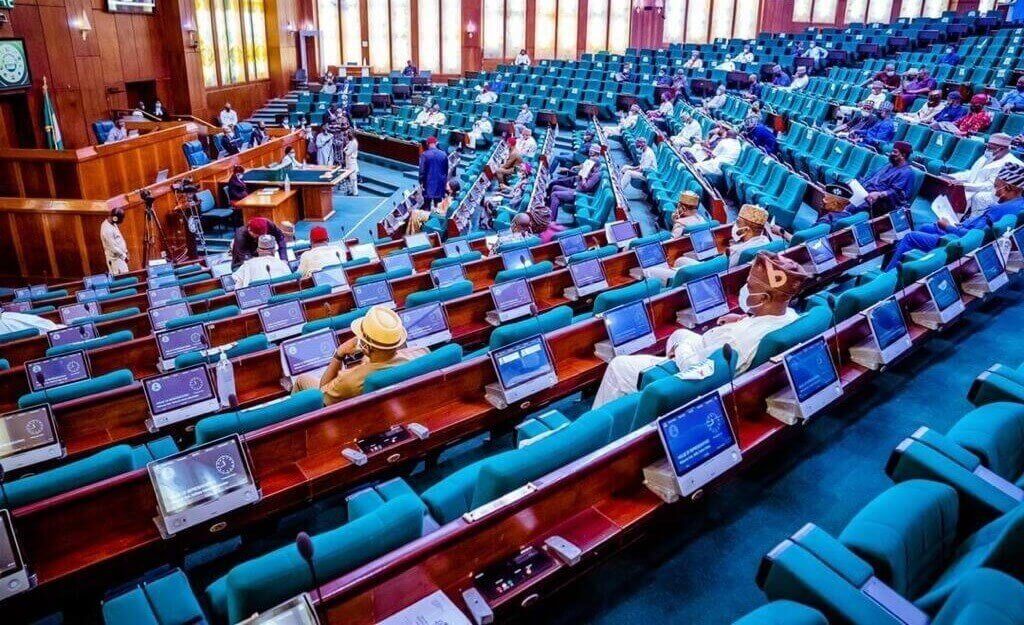No Primary School Teacher Should Earn Less Than N250,000 Monthly, House Ctee Chair Advocates
The Chairman, House of Representatives Committee on University Education, Hon. Abubakar Fulata, has advocated that no primary school teacher in the country should earn less than N250,000 monthly.
Fulata stated this on Thursday at a one-day National Stakeholders’ Workshop on the development of a roadmap for the Nigerian Education Sector (2023-2027) in Abuja.
Advertisement
The Committee Chairman, who called for an increment of teachers’ salary in the country, also maintained that no secondary school teacher and university teacher should earn less than N500,000, and N1 Million monthly, respectively.
To achieve quality education for the Nigerian children, Fulata spoke of the need for the welfare and salaries of teachers to be taken care of so as to encourage and motivate them.
He expressed sadness that several efforts by successive governments to resuscitate the sector have yielded little or no result.
Fulata feels that there is the need to translate all subject textbooks in the country into local languages, adding that Nigeria will never catch up with the rest of the world if its children are always taught in foreign languages.
Advertisement
“All over the world, the subject of language of instruction has always been the local language of those countries. If you go to the UK, education is taught in English; if you go to France, education from the basic level up to the tertiary level is taught in French.
“It is in Nigeria that you teach the language of instruction in English. Our problem has always been that we are teaching our children subjects they ought to have been taught in their local language.
“All mathematical, physics, and chemistry textbooks and what have you should be in our local languages,” he said.
Fulata stated that the nation must declare a state of emergency in education and at least 25 percent to 30 percent of the nation’s budget committed to education.
Also speaking, the Minister of Education, Prof. Tahir Mamman, lamented that the great policies in the ministry were only paper but not being implemented.
Advertisement
He stated however, that the roadmaps must be implemented within the shortest timeline.
“President Bola Tinubu has charged the ministry to do all it can to reposition the sector,” he said.
Mamman expressed sadness that Nigerian institutions are churning out graduates who are not employable, adding that it is important that the nation have a roadmap to guide the implementation that will move the sector forward.
“We have problems that have been militating the visions, missions, and objectives on ground. We have great and fantastic policies, but the issue is that our people are not seeing our problems addressed.
“So, in line with our president’s mandate, we must have a roadmap to guide the implementation of how to take the sector forward.
“The idea of the conference is to have a whole lot of time for the implementation of our policies,” he said.
He charged participants at the conference to work within a limited timeframe so that Nigerians could begin to feel the impacts of the policies made within the timelines.
Advertisement
The minister pledged to engage state governments in the ministry’s crusade to move the sector forward.
Also speaking, the Minister of State for Education, Dr Yusuf Sununu, emphasised the need to recognise gender mainstreaming in the roadmap so that Nigeria will have the benefit of a balanced education system.
“Education, you would all agree, is one sector of development that Nigerians have been known to speak with one voice in terms of its importance to development.
“However, this recognition of its importance is yet to translate to tangible results that show that an educated person stands a better chance of living a fulfilled life.
“This disconnect between purpose and reality could be said to be responsible for inadequate attention to the sector and wrong perceptions of the relative importance of the different forms and types of education.
“Indeed, I must also say that the inability of our youths to gain employment after going through the rigors of academics may be responsible for a gradually building disinterest in the pursuit of education,” he said.



